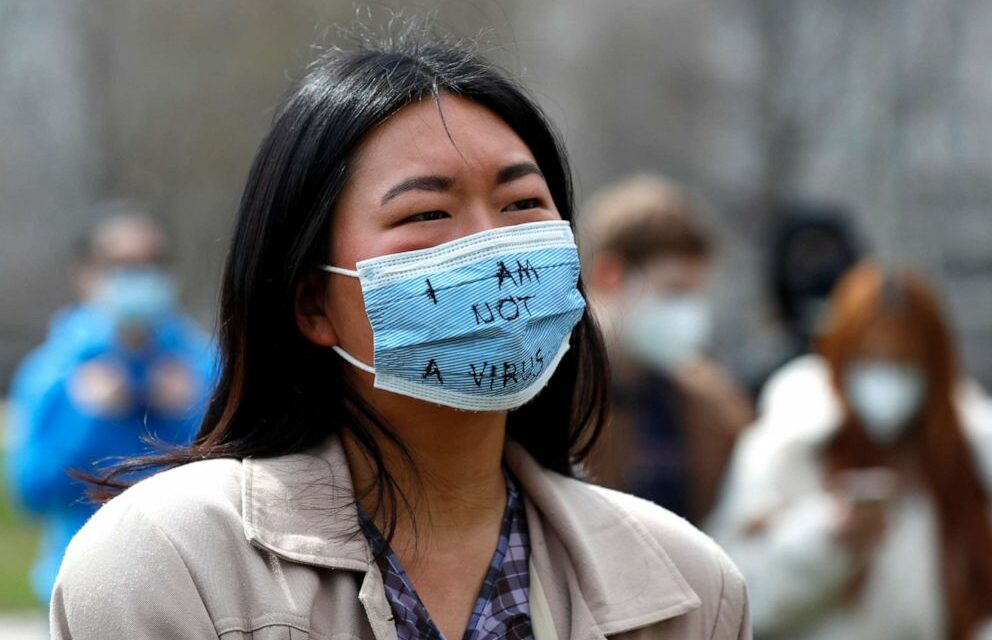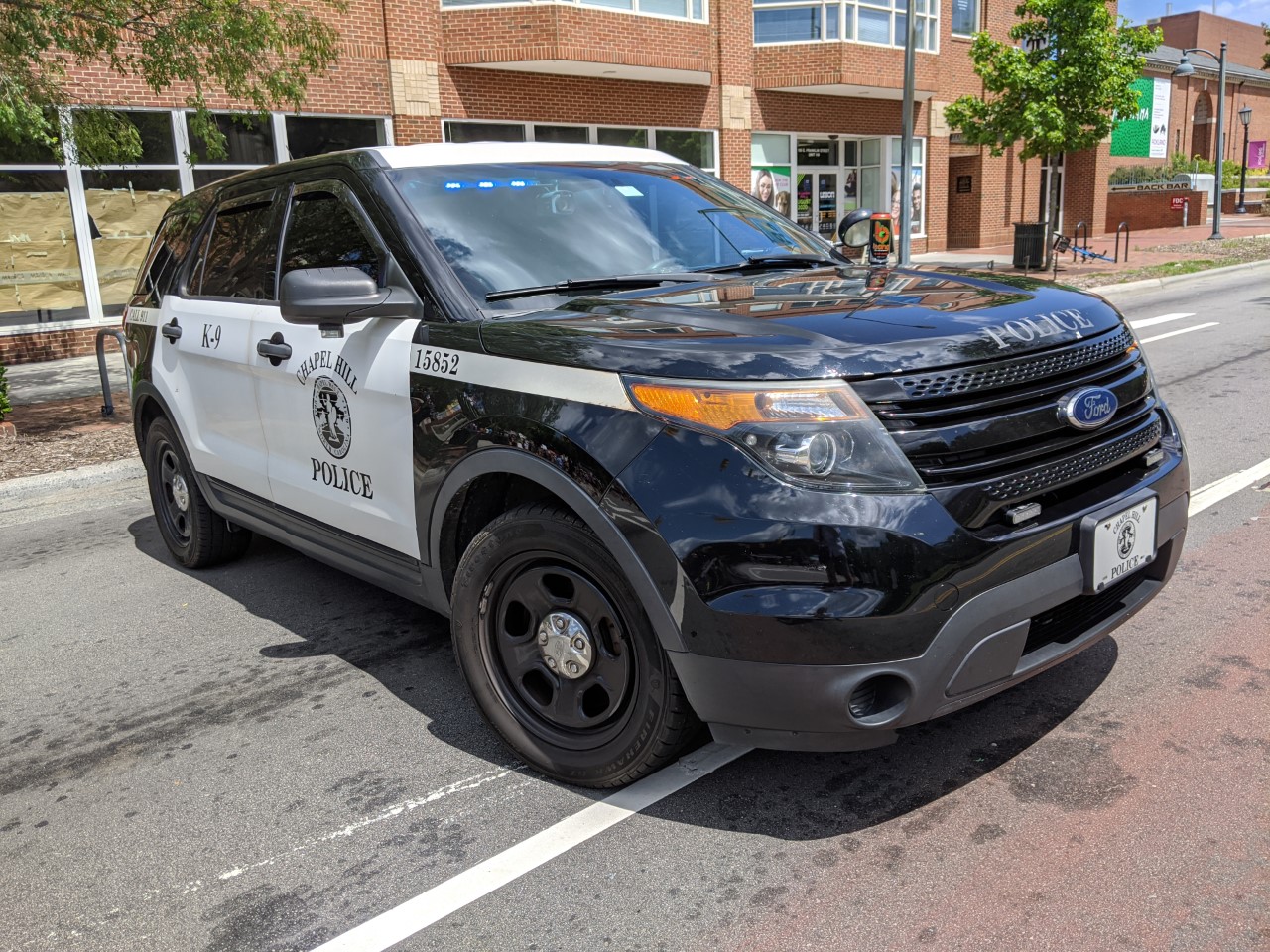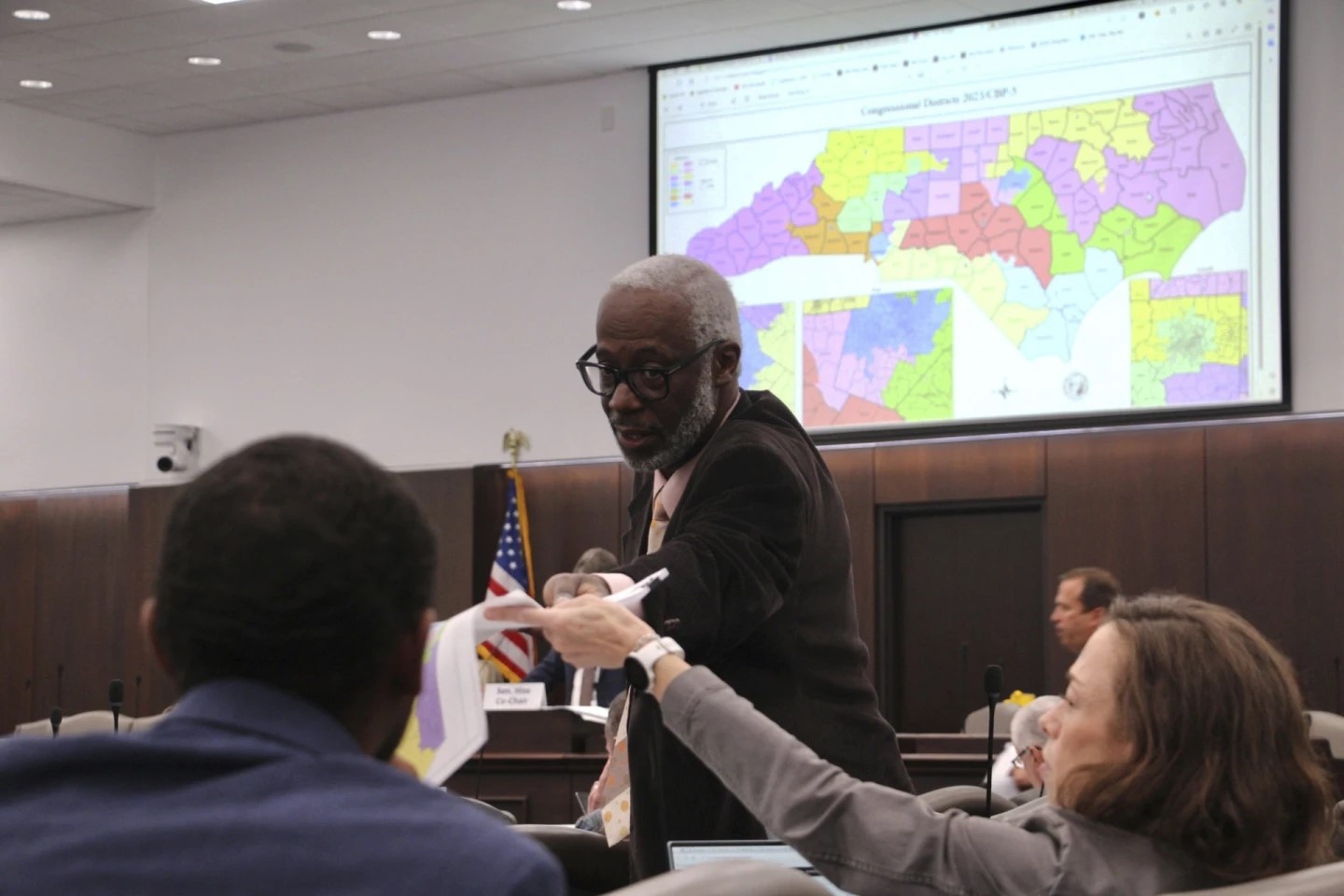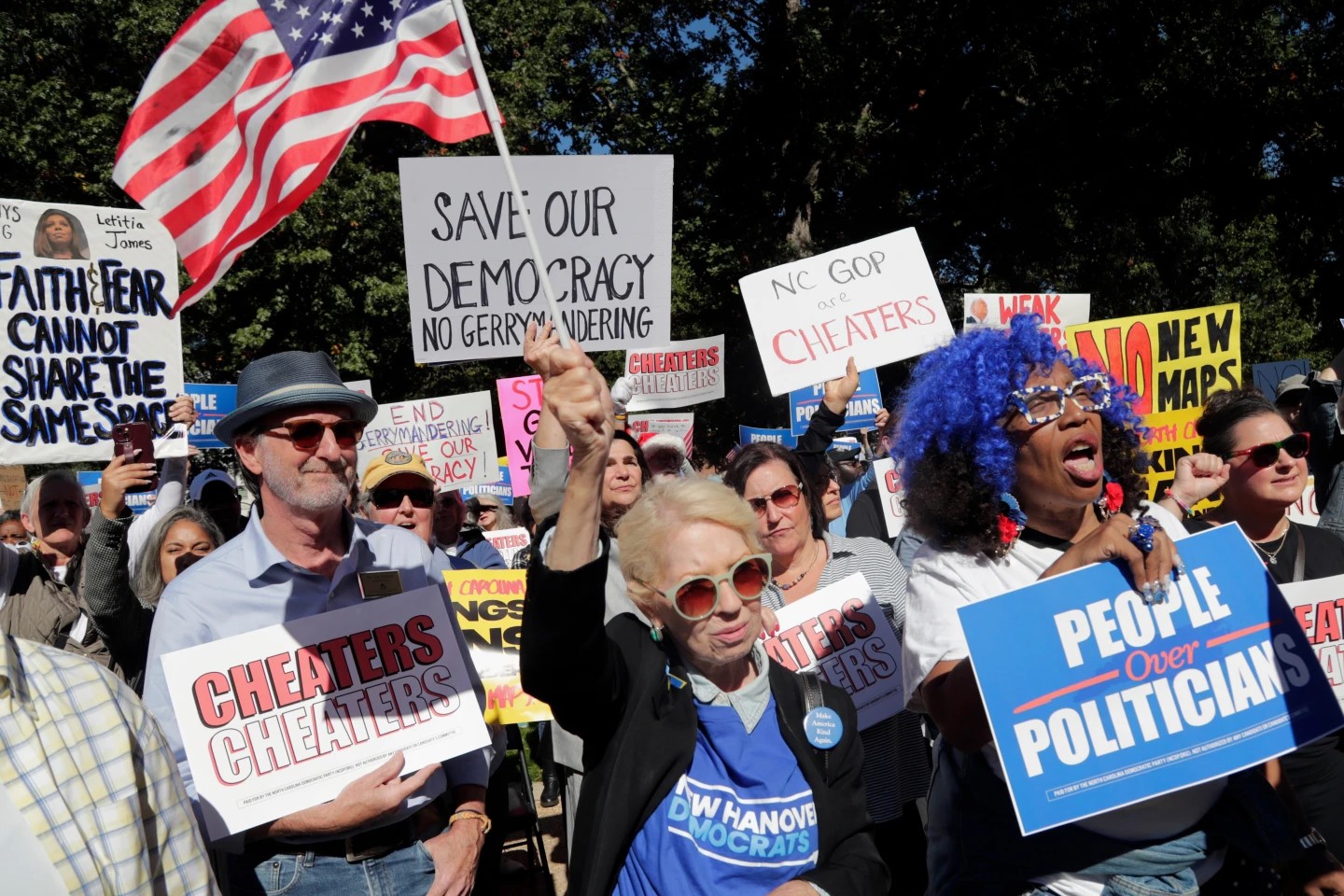The Chinese American Friendship Association of North Carolina (CAFA) recently hosted a webinar between Asian American community members and local law enforcement to discuss how to stop targeted violence and dangerous rhetoric in the community.
Titled the “The Safety of the Asian American Community,” the event provided an open forum between North Carolina’s FBI office, Chapel Hill law enforcement and 150 Asian American community members to address anti-Asian sentiments in the Chapel Hill area as well as the fear that has arisen from recent violence.
A survey conducted by CAFA of Chinese Americans in Chapel Hill and the surrounding communities shows that more than 92 percent are concerned about the safety of themselves and their family.
To address this overwhelming concern, one of the guest speakers at the webinar, FBI Charlotte Special Agent Robert Wells, said putting an end to hate crimes and racial discrimination will take a collective community approach.
“It’s not only an attack on a specific person or victim, but it also threatens and intimidates the entire community,” Wells said. “Everybody suffers from that – whether it’s Asian Americans or African Americans or any other group – it’s an attack on the entire community when there’s an attack on one person.”
The Center for the Study of Hate and Extremism found that, while hate crime overall has decreased in the past year, hate crimes against the Asian American and Pacific Islander (AAPI) community have increased by nearly 150 percent. The nonprofit social organization Stop AAPI Hate received reports of nearly 3,800 hateful incidents during the first year of the pandemic.
Wells said law enforcement needs hear from the community to investigate these events, however 89 percent of CAFA’s survey respondents said they would not, or do not, feel comfortable reporting incidents of hate crimes.
“From the FBI perspective, when you talk about what you can do to protect yourself, I think the biggest key from my perspective is the communication and collaboration within your community and with law enforcement.”
Chapel Hill Police Chief Chris Blue, another speaker at the webinar, said the Town of Chapel Hill has had no reported hate crimes against Asian Americans since the start of the pandemic.
“On one hand I might say that’s an impressive metric and one of which we should be proud,” Blue said. “I also cannot imagine for a second that there haven’t been incidents of intimidation and inappropriate conduct that have simply not been reported to us. In fact, I’m convinced of that.”
Blue said he is concerned about the percentage of the Asian American community that do not feel comfortable reporting incidents. He said more communication is needed between the community and law enforcement to build trust and to bring perpetrators to justice.
“We take these incidents very, very seriously – and whether or not we’re able to come to a successful conclusion in investigation in no way should deter you from making those calls that are essential if we are to gather good data, if we are to know where incidents are happening and if we are to know where our outreach is most needed” Blue said. “We have to hear from the communities we serve.”
Over the course of the pandemic, Blue said he has heard of several incidents that have targeted Asian Americans community members with stigmatizing language.
A recent study of Twitter data found a dramatic increase in the use of the hashtag #chinesevirus, along with anti-Asian rhetoric, in the days after then-President Donald Trump first tweeted it.
The study suggests that the former president’s inflammatory speech around the coronavirus helped spark anti-Asian Twitter content and subsequently perpetuated racist attitudes and discrimination.
CAFA survey results show that these attitudes have permeated into the Chapel Hill community. Eighty-six percent of respondents said they have experienced an increased level of anxiety since the COVID-19 pandemic began, stemming from this targeted language.
“We’re awfully proud of how progressive we are in our Chapel Hill community,” said Blue, “yet when we hear that those kinds of things are happening – even in our community – we realize we’ve got a long way to go.”
Lead photo via Shafkat Anowar/AP.
Chapelboro.com does not charge subscription fees. You can support local journalism and our mission to serve the community. Contribute today – every single dollar matters.












